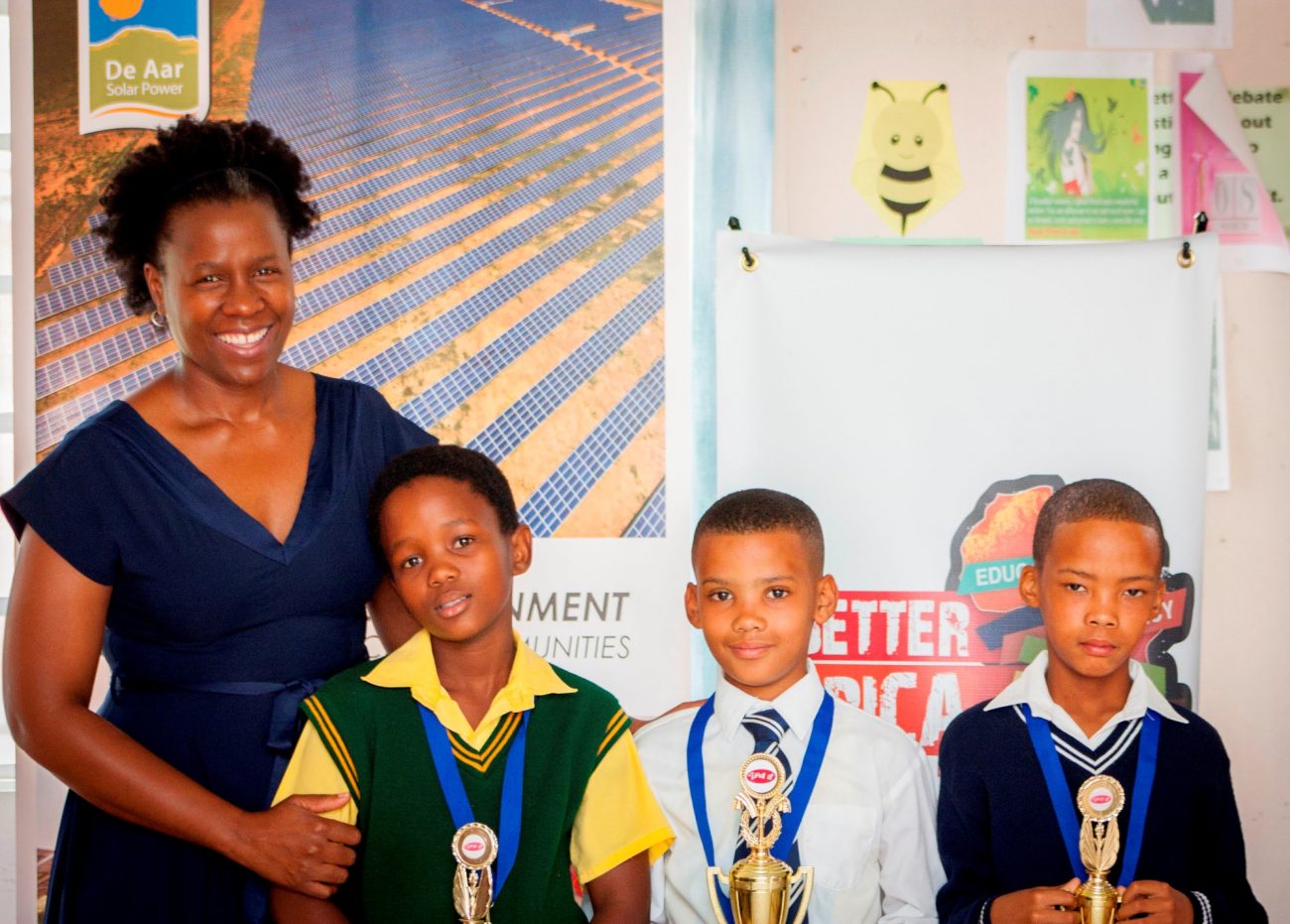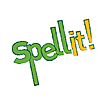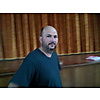In the book of Genesis, chapter 11 we read an interesting story. More than simply “interesting”, it says that there was a point in time where ‘the whole world had one language and a common speech”. Imagine that!!!
Everyone understanding each other immediately no need for Google translate, dictionaries or interpreters! Everyone immediately knowing what the other person said and able to respond. Everyone able to act together united in understanding and purpose. This was true!
In fact, they were so united in their purpose that God himself says in v6 that “If as one people speaking the same language they have begun to do this, then nothing they plan to do will be impossible for them”. Wow!!!
Nothing would be impossible! If we spoke the same language. If we all understood each other.
And yet God found fault with them. He ends up giving people different languages and scattering them across the earth. Because they could not understand each other anymore and what they said sound like ‘babbling’, the Tower the were attempting to build is now known as the Tower of Babel.
The reasons for God confusing their languages are debatable. Many would even criticize God’s actions and motives. Personally, I think the evidence in the text is that men were building a Tower in opposition to God. They talked about ‘making a name for ourselves’ and building something that ‘reaches the heavens’ (v4). Sounds like blatant human ambition.
Many thousands of years later another ‘interesting’ event happens which is recorded in the New Testament Book of the Acts of the Apostles. In the year 33AD on the Jewish Festival of Pentecost God seemingly reverses His actions at Babel.
Continue Reading
africa, ceo blog, department of education, literacy, roger dickinson, spelling bee, spell it, spell it south africa
I will be starting a running blog - partly to keep our organisation and partners updated on the progress of Spell It South Africa.
But at more importantly to marshall my own thoughts and ideas around how we , as literacy organisation maximises our impact in our country and continent.
One of my favourite poems is Ulysses by Tennyson which ends with the words: TO STRIVE TO SEEK TO FIND AND NOT TO YIELD
Continue Reading
africa, ceo blog, literacy, roger dickinson, spell it, spell it south africa

One of the best safeguards to ensuring a fair education system is making sure that all teachers have a similar level of capability. In a good system, a child in a rural poorer community and a child in a wealthier urban suburb should have an equally good teacher standing in front of them every day. But, when we look at the data on how teachers are trained in South Africa, it is clear that our system still sets teachers up for failure long before they even enter the classroom – and in the process further disadvantages the children they teach.
Continue Reading

More than a quarter--26 percent--of American adults admit to not having read even part of a book within the past year. That's according to statistics coming out of the Pew Research Centre. If you're part of this group, know that science supports the idea that reading is good for you on several levels.
Continue Reading

Learning to speak in the mother tongue is key to a child’s overall development and benefits the learners in many ways. It connects him to his culture, ensures better cognitive development, and aids in the learning of other languages. These are the reasons why De Aar Solar Power Spelling Bee competition has included vernacular languages to its annual event.
Continue Reading

Whenever I travel overseas I am asked the question “What is the biggest problem in South Africa?” And I typically respond, “The biggest problem or the biggestsolvable problem?” In the 2000’s the biggest problem was HIV/AIDS. After hundreds of thousands of unnecessary deaths – the equivalent of a small genocide – the government ceded to the courts and offered life-saving ARVs to those infected with HIV and saved their lives. HIV was, and is, a solvable problem. Unfortunately the three biggest problems in South Africa today – too few jobs, too little growth, and too much inequality – are not easily solvable. And because we don’t exactly know how to ‘create’ jobs or growth, we don’t really know how to decease inequality much further.
Continue Reading
africa, dbe, literacy, nic spaull, reading, south africa, spelling bee, spell it south africa
On 15 August 2016 a team from the Road Accident fund (RAF) met with our Northern Cape Spell It Coaches from in and around Kimberley
Continue Reading
africa, dbe, department of education, droogfontein solar, globoleq, literacy, northern cape, south africa. wilhelmena mathabatha, spelling bee
My name is Wilhelmena Mathabatha. I am a Reading Coach at Waterworks Primary School in Riverton, Northern Cape.
I have been with the Droogfontien Solar literacy programme since 2014.
Continue Reading
africa, dbe, department of education, droogfontein solar, globoleq, literacy, northern cape, south africa, spelling bee, wilhelmena mathabatha
My name is Vincent Tshite and I am the Reading coach at Barkly West Higher Primary School in the Northern Cape. The project is funded by the Droogfontien Solar Farm.
I really find the Spell It programme very useful to the kids. Most of the Learners really enjoy the activities and even like it when they have to write the spelling it tests.
Continue Reading
africa, barkly west higher primary, dbe, department of education, droogfontein solar, globoleq, literacy, northern cape, south africa, spelling bee
My experience as a Reading/Spelling coach under the Droogfontein Solar Literacy programme has been very good.
.I enjoy my job/work very much.
Continue Reading
a better africa, africa, dbe, department of education, droogfontein solar, education, emelda sebusang, globoleq, kgabang primary, literacy










